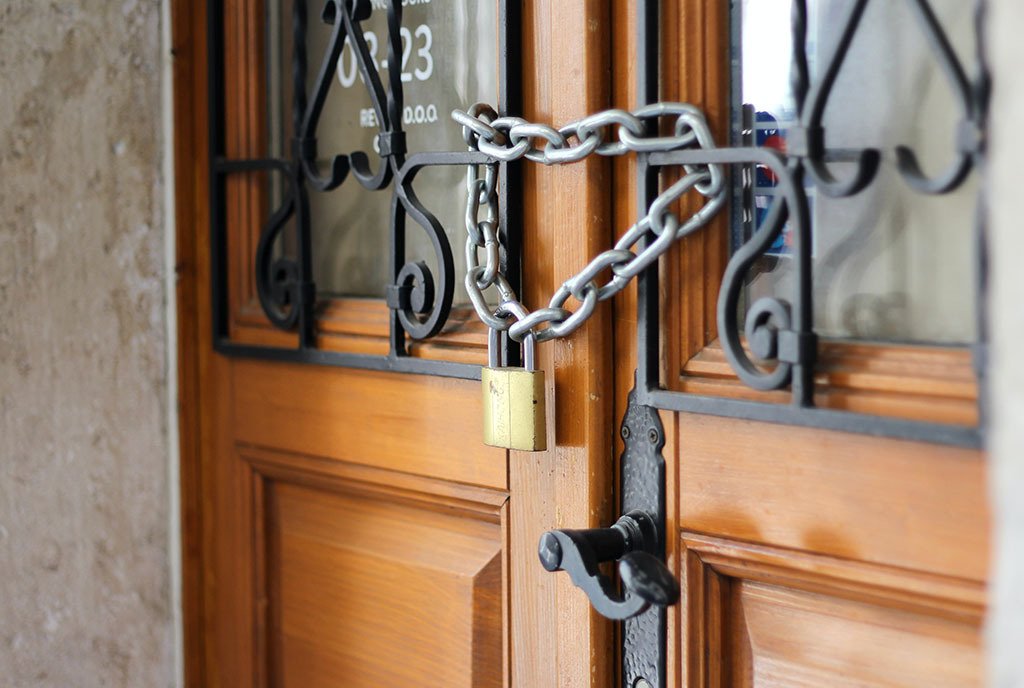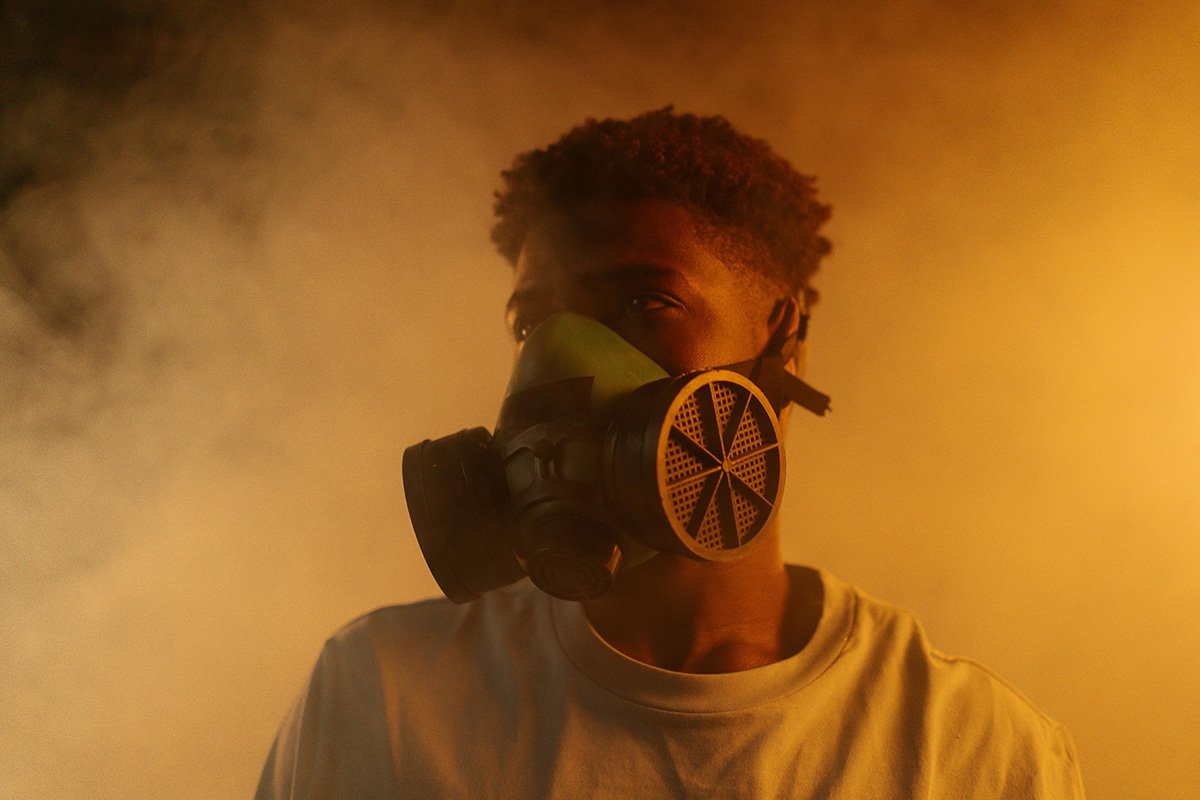
Not long ago, advocates for those experiencing homelessness could point to two places in the United States that, for decades, have served as beacons of a more progressive and humane approach to homelessness: New York City and the Commonwealth of Massachusetts.
That’s because, at least until recently, both have recognized and practiced different yet similar forms of what is known in each locale as a “Right to Shelter.” In New York, for instance, this means that homeless individuals have a right to be placed in emergency housing, like shelters. In Massachusetts, the Right to Shelter applies to homeless families.
But now, the Right to Shelter is under attack in both states—threatened, as it were, with extinction.
In recent months, the administration of New York Mayor Eric Adams, citing the ongoing influx of international migrants to the city—some who have sought housing in emergency shelters—has moved to suspend parts of the city’s Right to Shelter policy, which is enforced under a consent decree stemming from a 1970s lawsuit.
Officials seeking to erode the Right to Shelter have justified their actions by citing an influx of international migrants.
Meanwhile, Massachusetts Governor Maura Healey has made similar moves to limit the state’s Right to Shelter law, imposing new limits on family stays in state-funded emergency housing and stating that the state will no longer guarantee shelter to homeless families. Healey, like Adams, has cited an influx of migrants to the state and a consequent burden on the state’s shelter system.
Both efforts have seen opposition from advocates for the Right to Shelter. In New York, the Legal Aid Society and Coalition for the Homeless continue to negotiate with city officials in court; and in Massachusetts, the nonprofit Lawyers for Civil Rights has sued the state over its changes to the Right to Shelter policy, losing a motion for a preliminary injunction while advocates continue to negotiate with the administration and legislature to secure extra funding for shelter.
So, the Right to Shelter faces an uncertain future in both locales where the rare right exists.
Advocates warn that these so-called “temporary” and “emergency” measures to whittle away at that right threaten not only to put individuals and families onto the streets but also erode or destroy decades of practice representing a more humane approach to homelessness.
“Community groups are trying to cobble together resources to provide a safety net, but at this point that safety net that the state had for 40 years is breaking, and we want to make sure it’s knit back together,” Kelly Turley of the Massachusetts Coalition for the Homeless told NPQ.
Blaming Migrants for a Crisis of Homelessness
“There has been a lot of blaming of newly arrived immigrants.”
In both Massachusetts and New York City, officials seeking to erode the Right to Shelter have justified their actions by citing an influx of international migrants, many of whom arrive with nowhere to live and little or no source of income, in many cases lacking legal permits to work.
Even staunch advocates for the Right to Shelter in both places acknowledge that the influx of migrants has placed additional strains on shelter systems, and both Massachusetts and New York City face real shortages of beds in traditional homeless shelters.
However, according to advocates, these shelter systems were already under chronic strain before the recent influx of migrants. In both New York City and Massachusetts, multiple administrations over many years have sought, in one way or another, to curtail or eliminate the Right to Shelter.
“We are concerned that there has been a lot of blaming of newly arrived immigrants for why we can no longer guarantee the right to shelter,” Turley said.
It’s a concern shared by advocates for migrants, as well.
Sign up for our free newsletters
Subscribe to NPQ's newsletters to have our top stories delivered directly to your inbox.
By signing up, you agree to our privacy policy and terms of use, and to receive messages from NPQ and our partners.
“Our shelter system has been broken for decades…since before asylum seekers started entering it. What we need to do is get people the support they need to get out of shelter and into permanent housing,” Murad Awawdeh, executive director of the New York Immigration Coalition, told NPQ in November.
Indeed, besides standing out for having a Right to Shelter in the first place, both New York City and Massachusetts also stand out for being extraordinarily expensive places to live.
In other words, what officials are characterizing as a crisis stemming from an influx of migrants may, in fact, be largely a much older crisis: the lack of affordable housing.
“There are many reasons why longer-term Massachusetts residents are experiencing housing instability and homelessness right now, notably the high cost of rent,” noted Turley.
“Massachusetts is the third-least-affordable state in the country for renters. We no longer have an eviction moratorium that was in place for part of the peak pandemic time,” Turley said.
She continued, stating that there’s no longer access to “federal emergency rental assistance funds that were really critical in keeping families [and] individuals stable if they had existing housing.”
“And so, it’s not one driver that’s leading the state to see a higher number of families experiencing homelessness,” Turley concluded.
Meanwhile, New York Mayor Eric Adams has framed the need to curtail the Right to Shelter within a context of scarcity that, critics say, is only tangentially related to the migrant influx.
Adams has proposed sweeping budget cuts across city departments—again, citing the migrant influx—that critics say are much more reflective of the drying up of COVID-era federal subsidies that had nothing to do with migrants.
“We see the negative impact when families and individuals can’t access safe shelter.”
Preserving the Right to Shelter
Advocates for the Right to Shelter in New York and Massachusetts say that right has prevented many thousands of individuals and families from ending up on the street and falling through the already fragile social safety net.
Eroding that right will result in more individuals and families on the street and in danger.
Indeed, other states and municipalities across the country that do not guarantee shelter have seen the rise of homeless encampments that have become sources of political furor and led to mass evictions of such encampments.
New York City and Massachusetts have largely avoided such scenes of distress and controversy thanks to the Right to Shelter, advocates noted.
“We see the negative impact when families and individuals can’t access safe shelter, both in the immediate term, but also the long term in terms of health outcomes, mental health outcomes, ability to maintain employment or complete their education. And those negative impacts reverberate,” said Turley.
“We want to make sure that Massachusetts continues to uphold the right to healthcare for eligible families so that we’re not adding to that,” Turley continued, “and adding to the already preexisting population of families, individuals who are excluded from the basic safety net of shelter.”












